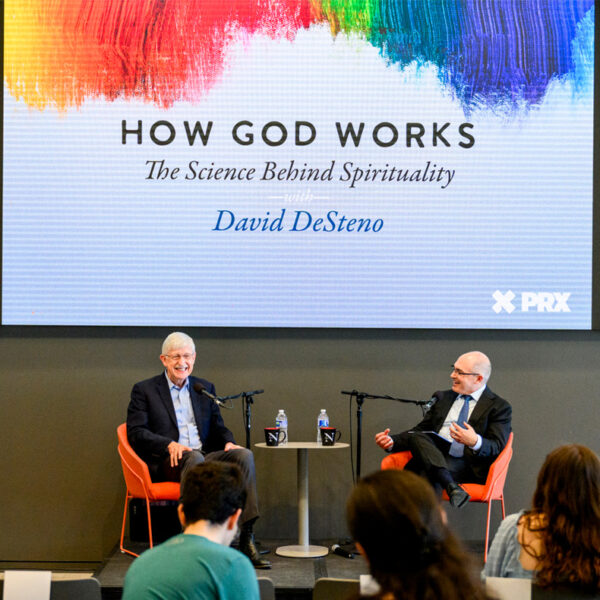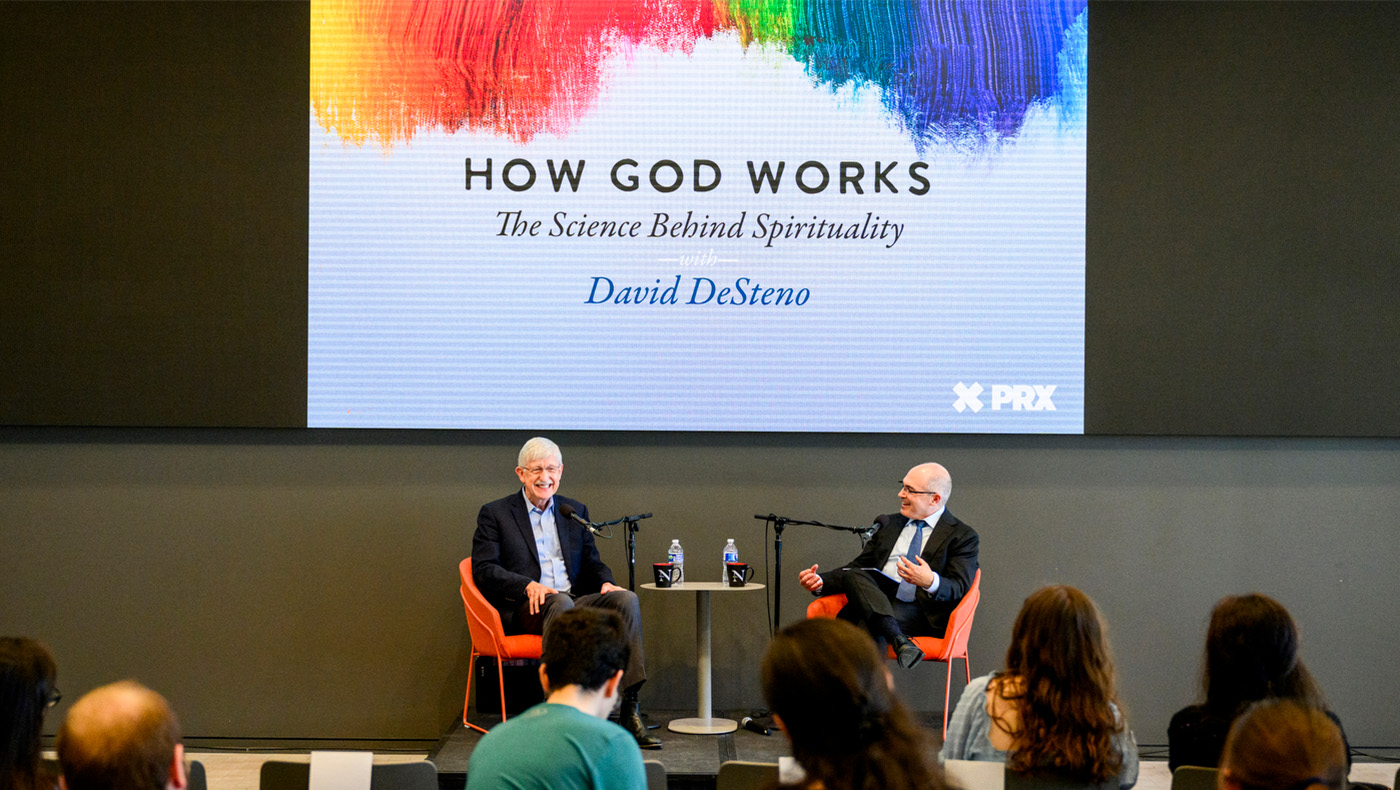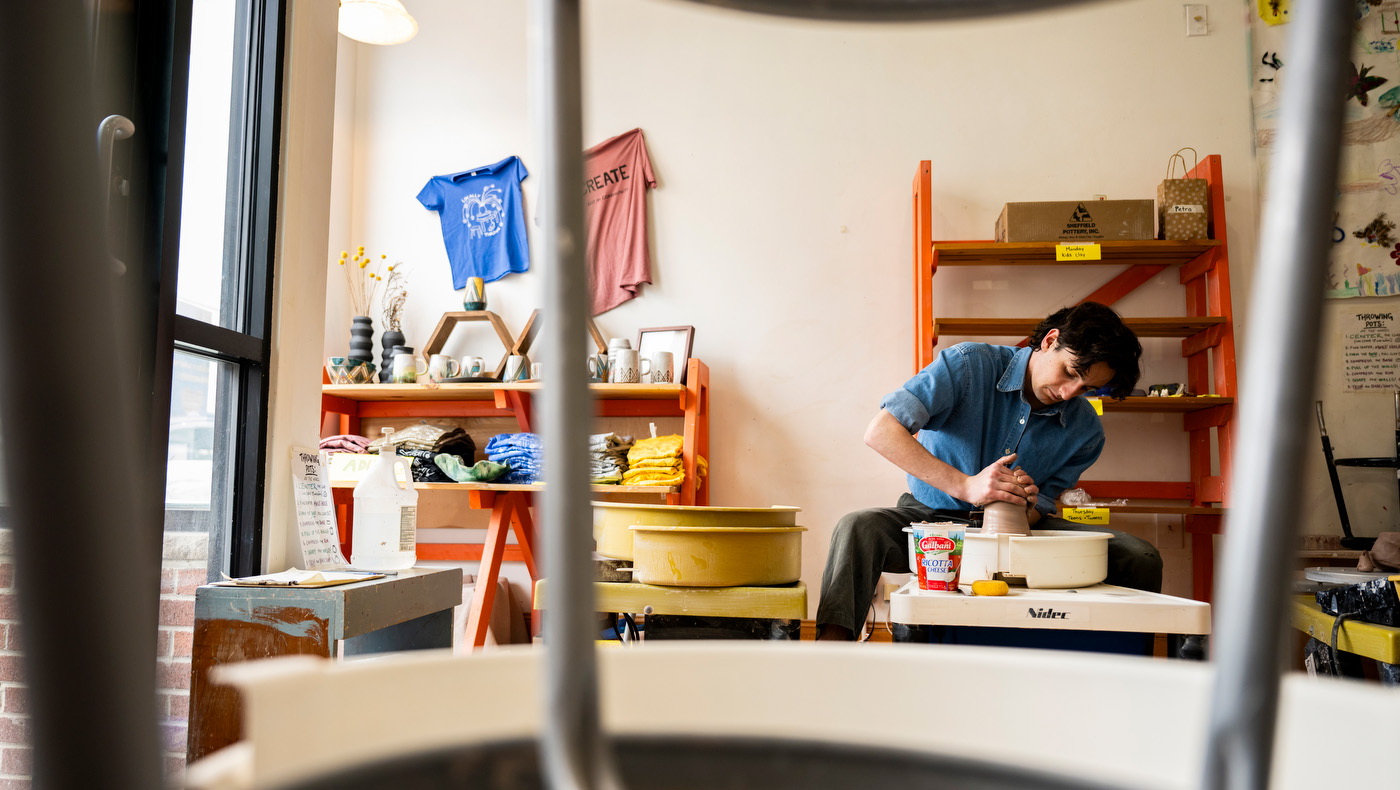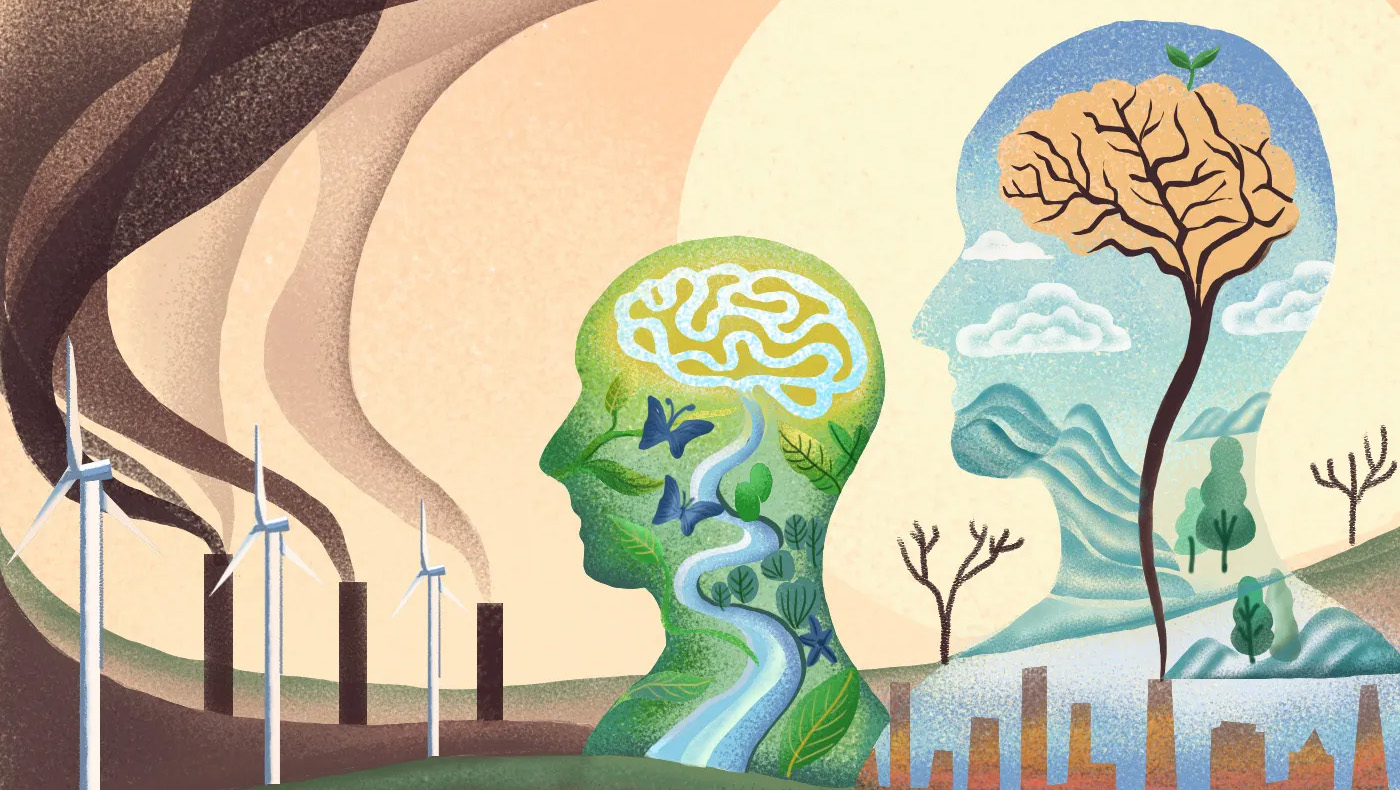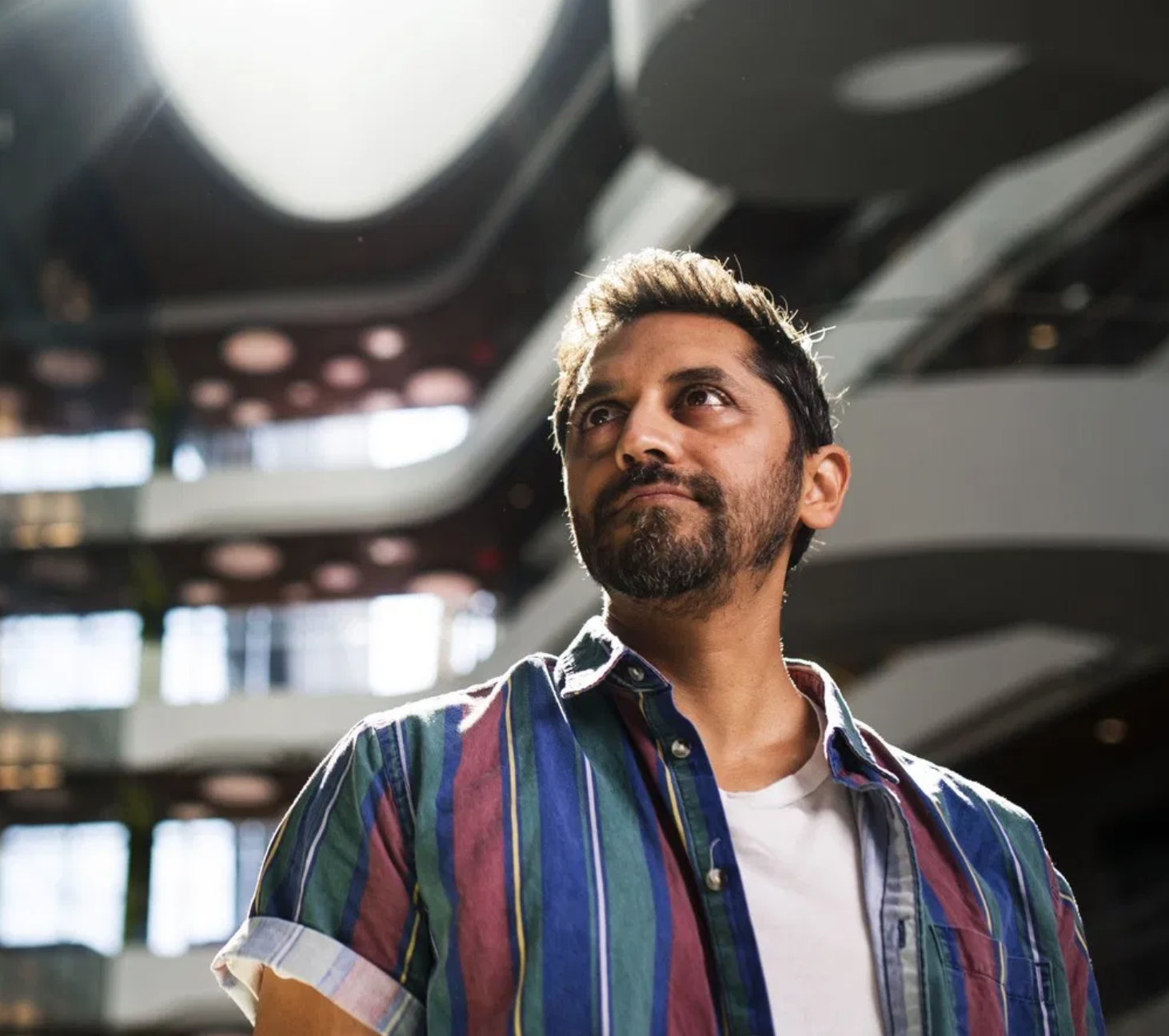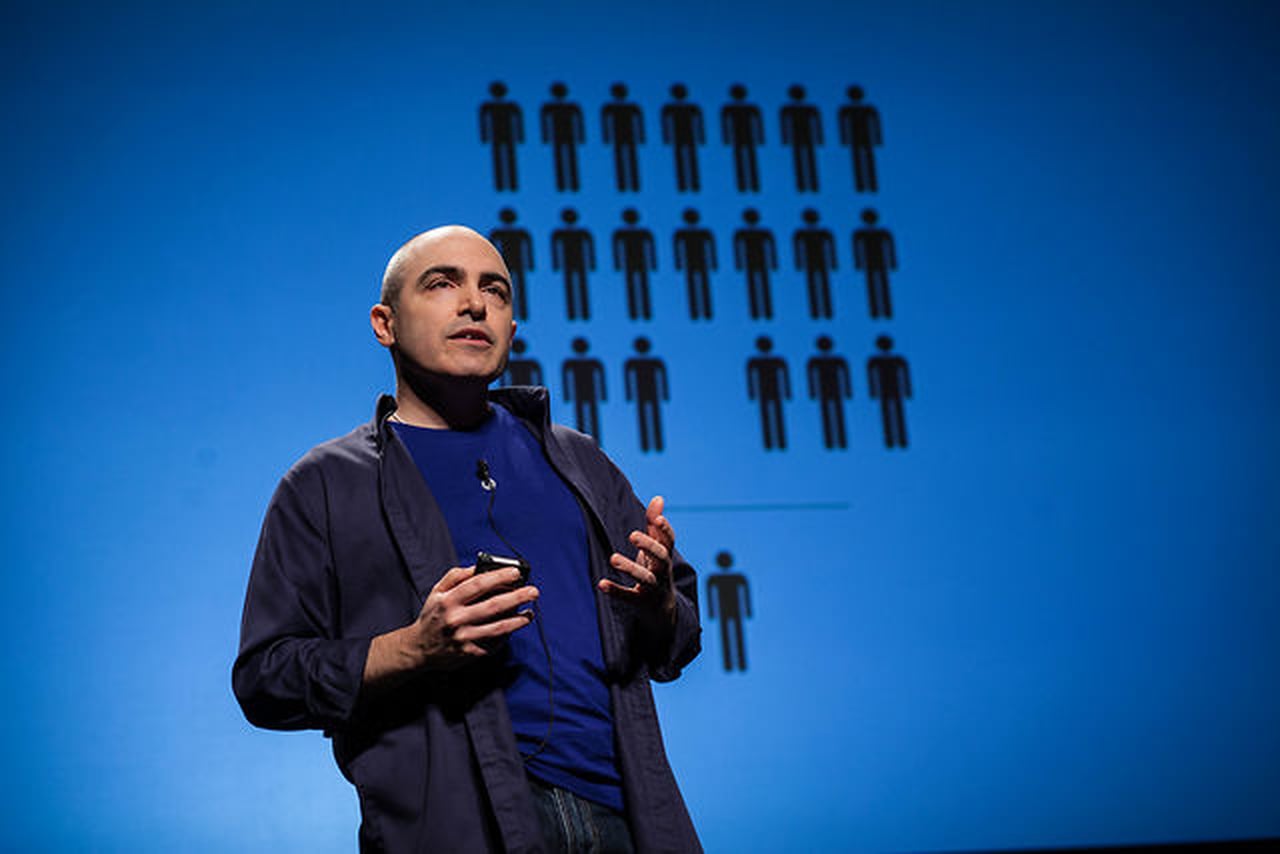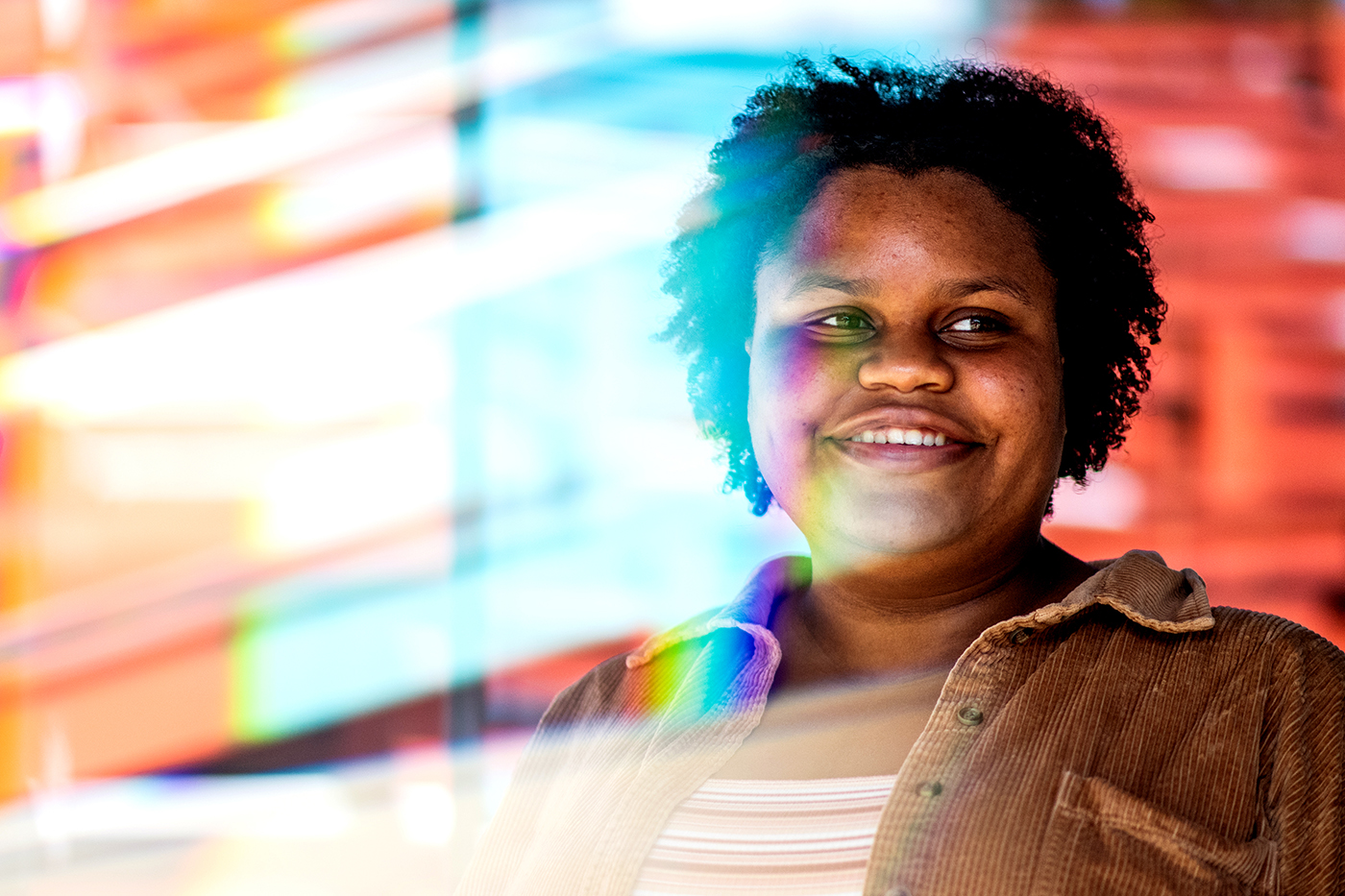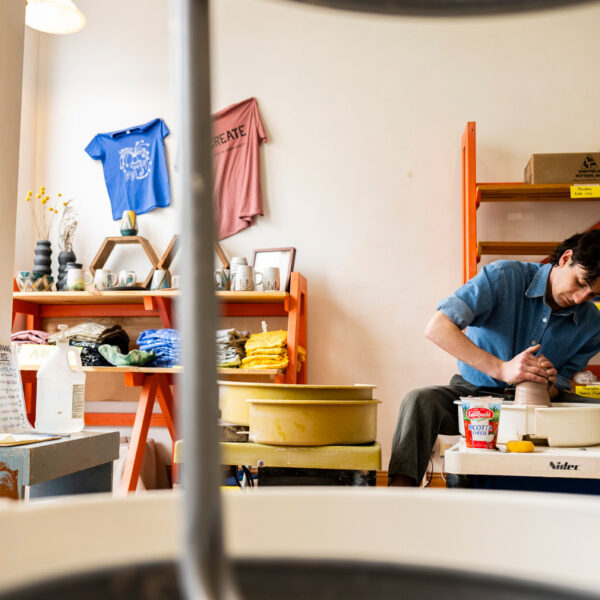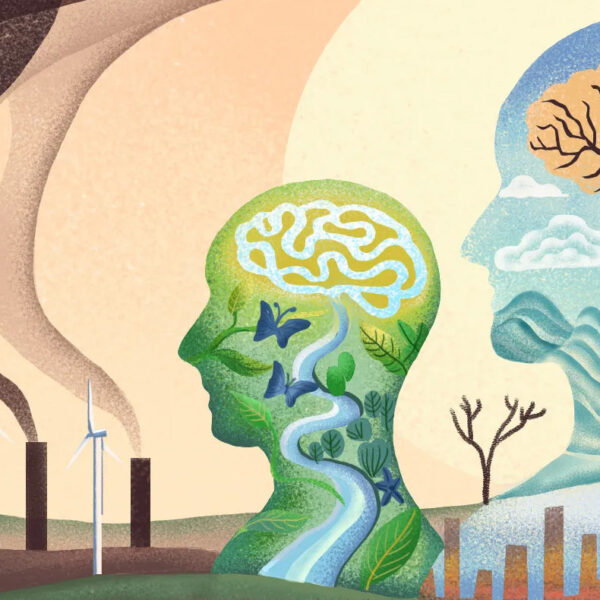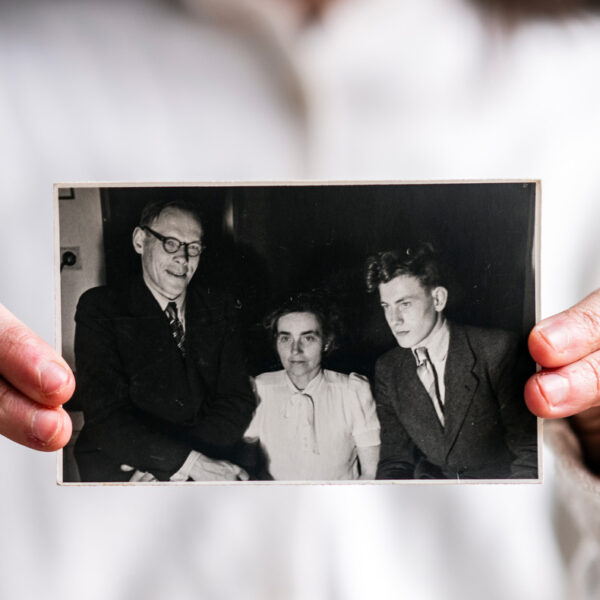Psychology
Food for Thought
The College of Science psychology program works to explore the deepest inner workings of our brains and uncover why we do what we do.
Whatever you do, don’t think about oranges.
Don’t think about their round shape, their bright, textured skin, and their aromatic sweet smell. Just don’t.
So you thought of an orange — and that’s ok. We know it’s hard not to precisely because that’s what our brain is built for: rapidly processing and translating stimuli from our five senses into information, thoughts, and impressions of the world around us. In microseconds, we weigh all of this against what we know, what we think we know, what we feel, and what we have experienced.
Given a certain set of variables, the study of psychology then becomes about understanding and predicting what factors might correspond to thoughts and behavior.
From understanding how a certain customer demographic will respond to commercials, to the ways in which children develop a code of ethics, to yes, even why you thought about oranges after you were told not to, we’re here to help you think about the “why” behind how your brain thinks.
Diversity & Inclusion
The Department of Psychology at Northeastern University is a community of scholars committed to cultivating a culture of inclusion, equity, respect and connectedness. We can develop a more equitable and inclusive psychological science when we encourage a diversity of thought, culture, and viewpoint, which are essential to lifelong learning. Diversity encompasses individuals from any group or identity that has traditionally been marginalized in the academy, in particular in science, technology, engineering or mathematics (STEM) disciplines.
Action Plan:
- Increase the diversity of the department at all levels
- Ensure that every faculty search and graduate student recruitment process maximizes the diversity of the pool of candidates.
- Promote STEM across the entire undergraduate community, including psychology and non-psychology majors.
- Ensure that issues of equity, diversity, and inclusion remain central in all departmental activities.
- Examples: student awards, colloquia/career spotlights, service assignments, communications about diversity education and training events on campus, departmental newsletter.
- Support the inclusion of diverse sources of scholarship in syllabi and coursework, ensuring that a wide diversity of perspectives in psychological science are visible and discussed in all courses.
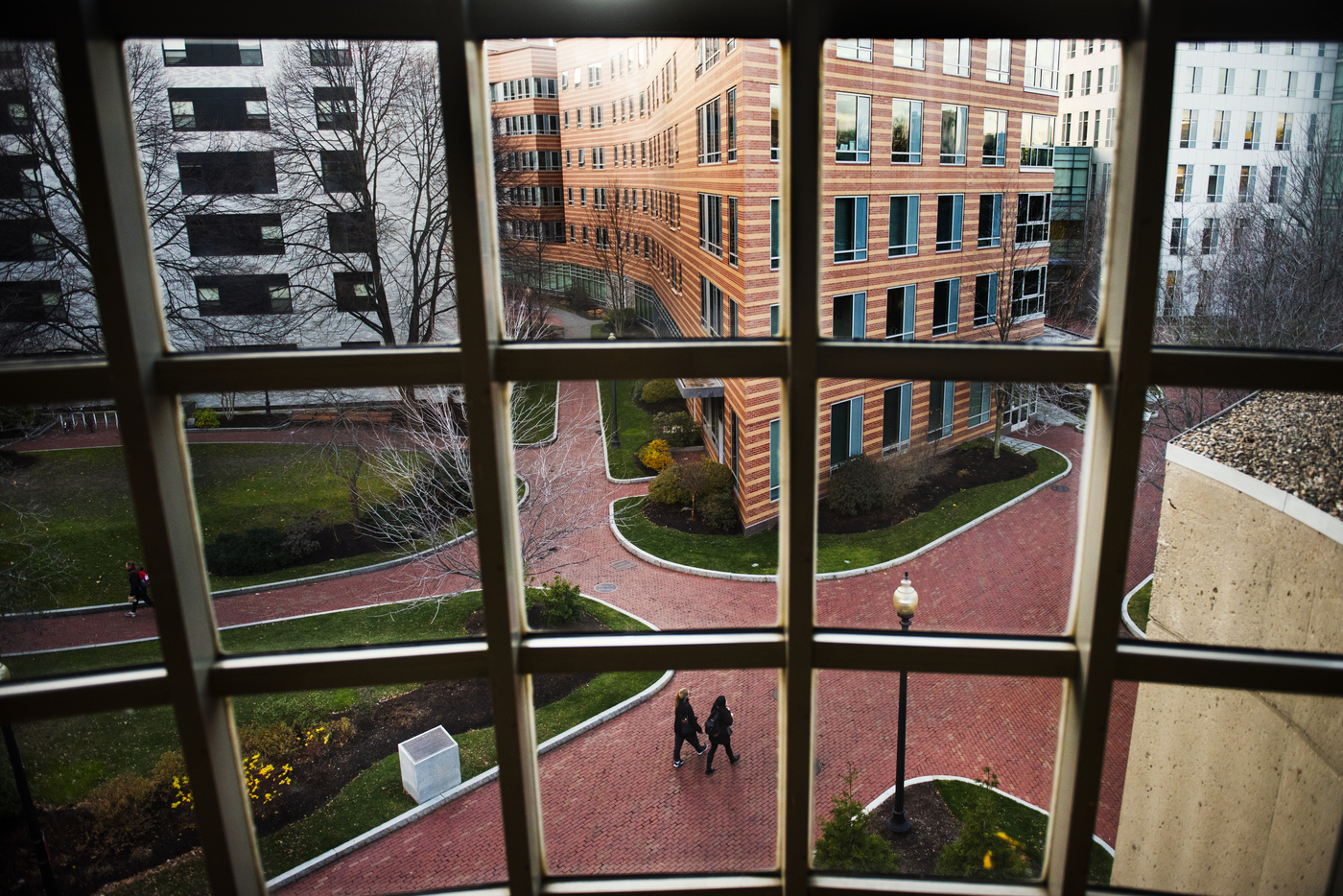
People
Introduces students to the role of culture in psychological science. Discusses the relationship of culture to psychological theories and research.
Offers beginning students a general overview of the effects of drug use/abuse in many segments of society with particular attention placed on the collegiate population.
Introduces the range of topics that are of concern both to psychologists and to members of the legal profession. Covers the legal and ethical issues inherent in the conduct and process of professional psychology.
Events
News
